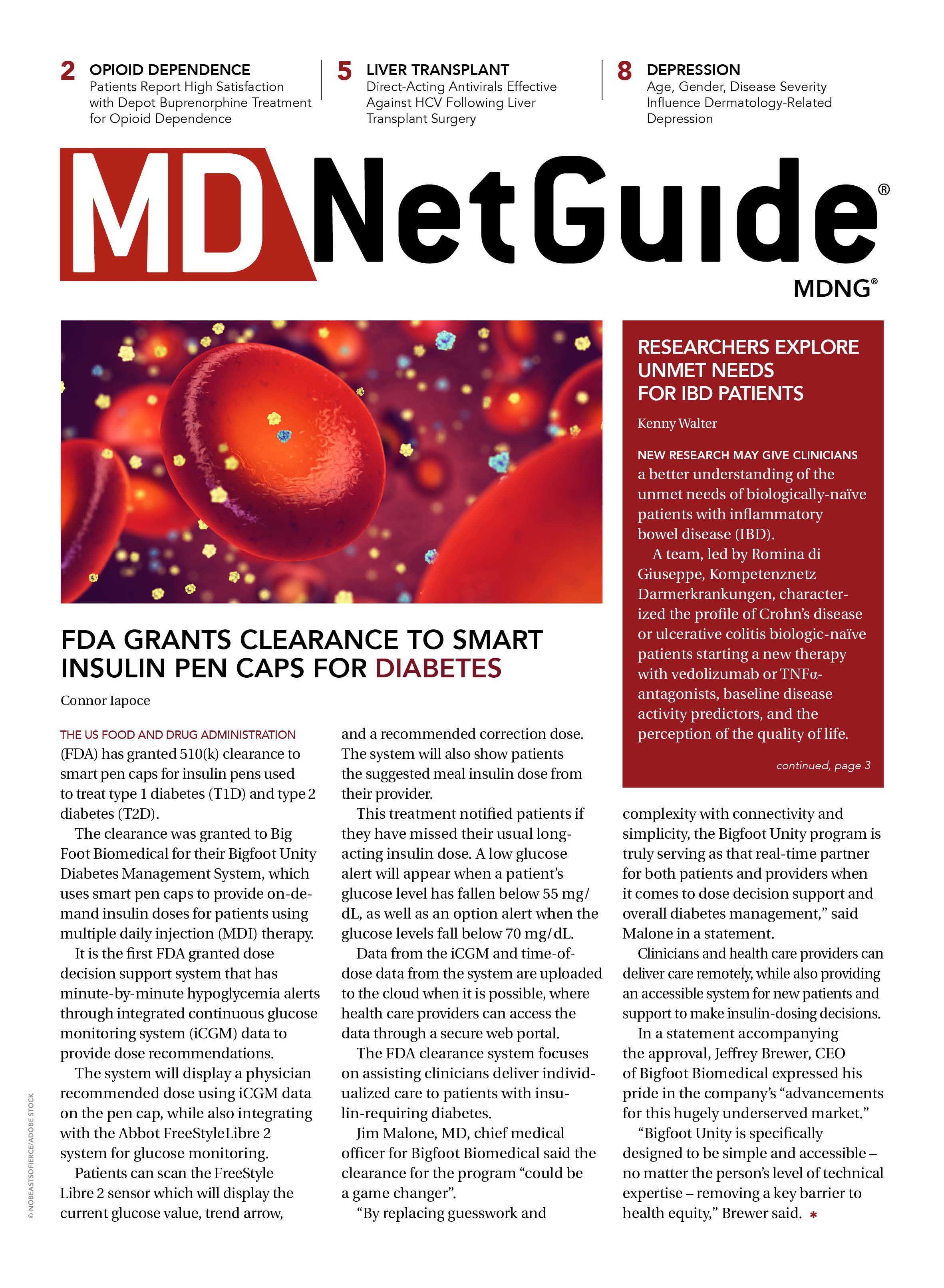In-Human Gene Therapy BAY 2599023 Effective in Patients with Severe Hemophilia
A new study presented at ASGCT found that patients with indications of hemostatic efficacy experienced few adverse effects with gene therapy treatment BAY 2599023.
Stephen W. Pipe, MD

New data show that a gene therapy for hemophilia A may reduce the treatment burden for patients and clinicians, while also eliminating the need for factor VIII (FVIII) prophylaxis.
The BAY 2599023 is an adeno-associated virus (AAV) vector with capsid serotype hu37 (AAVhu37) that has demonstrated ability to achieve FVIII expressions at therapeutic levels with a good safety profile, according to investigators.
Thus, investigators, led by Stephen W. Pipe, MD of the University of Michigan, found BAY 2599023 resulted in sustained expression of endogenous FVII in all patients with indications of hemostatic efficacy.
The study was presented at the American Society of Gene & Cell Therapy (ASGCT) Virtual Meeting.
Study
The analysis aimed to report the safety and FVII activity achieved to data with BAY 2599023 in a six-patient population. Patients were enrolled sequentially in 3 cohorts.
Investigators used a phase 1/2, open-label, dose-finding study that included male patients with severe hemophilia A. Each patient received a single intravenous infusion of AAVhu37.
Further, the patient group was ≥18 years and >150 exposure days to FVII products, with no history of FVIII inhibitors and no detectable immunity to the AAVhu37 capsid.
Investigators primary endpoints for the study were adverse events (S/AESIs), while the secondary endpoint was FVII activity over time.
Results
The 3 cohorts included 2 patients each (n = 6) enrolled sequentially.
At the cutoff in January 2021, Cohort 1 (0.5 x 1013 GC/kg) reported no severe adverse events (SAE), drug-related adverse events (AE) or S/AESIs in a follow-up of 23 months.
After 12 months from treatment, a patient dropped out of the study.
Consequently, investigators enrolled two additional patients into the second (1.0 × 1013 GC/kg) and third (2.0 × 1013 GC/kg) dose cohorts. Study completion included 17 and 13 months of observation, respectively.
Investigators found in Cohort 2, an AESI event and mild elevation in alanine aminotransferase (ALT) was found. However, no loss of FVII activity levels were found and a short course of corticosteroid treatment returned the ALT to a normal range.
The team found both patients in Cohort 3 had mild or moderate increases in transaminases without associated symptoms or loss of FVIII expression with ongoing corticosteroid treatment.
There were no SAEs reported in any of the cohorts and patients with evaluable FVIII activity data showed durable and sustained levels over time. There were no bleeds observed after patients achieving FVIII levels >11%.
Conclusion
Investigators concluded in the first in-human study, escalating doses of BAY 2599023 were effective and few adverse effects were observed.
“Mild to moderate elevations of ALT, managed with corticosteroids, were the only observed AEs related to BAY 2599023,” investigators wrote. “Sustained expression of endogenous FVIII was observed in all patients with indications of hemostatic efficacy.”
The study, “First-in-Human Gene Therapy Study of BAY 2599023 in Severe Hemophilia A: Long-Term Safety and FVIII Activity Results,” was published online by the ASGCT.
